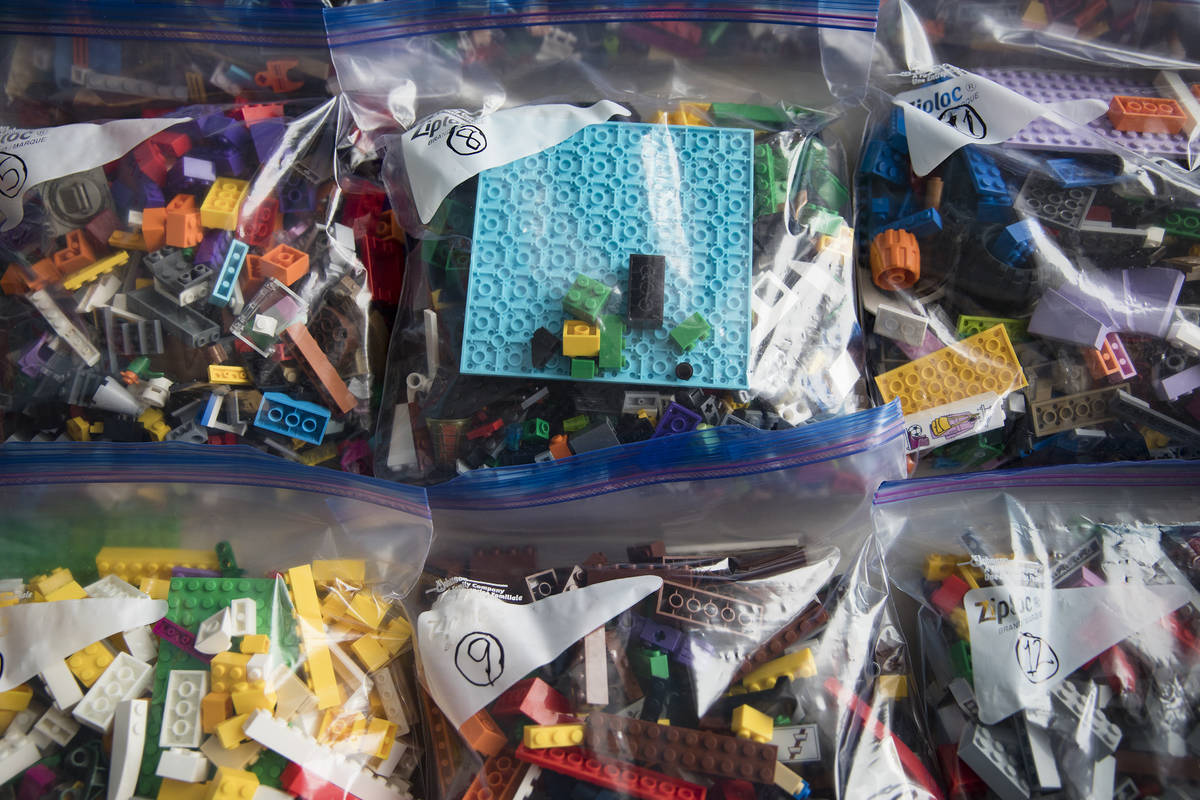Coronavirus complicates parents’ summer camp decisions

Mary Beth Zentner and Jonathan Tuala were looking forward to premiering their Downstage Center Theatre Camp this summer for children in first through 12th grades.
Then the coronavirus, like a mustache-twirling villain in an old melodrama, turned their plans upside down.
But, after a quick rewrite, the show goes on with the pair’s live summer theater camp now taking form. It’s just one of the valley’s summer camps that have been revised, canceled or otherwise altered because of the pandemic.
Camp officials here say that demand still is strong. But crowd-minimizing and social distancing guidelines have reduced by about half the number of available slots at area camps, and campers across the board will find protocols different than the ones they’re used to.
On the upside, the diversity of camps remains, with themes ranging from recreation to science and technology. Elise Silva will be conducting her sixth annual Engineering for Kids Las Vegas summer camp this year.
“We had a few people calling us to make sure we were doing a program,” said Silva, who owns the camp with her husband, Leo. This summer’s session will have classes of eight to 12 versus the usual 18 to 24. Surfaces will be sanitized regularly and rigorously, individual work will replace group projects, equipment won’t be shared and, for the first time, virtual sessions will be offered.
However, sign-ups for the live camp began in February and some parents have canceled. “I don’t ask them why they cancel,” Silva said, but a few parents cited coronavirus anxiety, while a few others mentioned tight finances.
Because it’s Downstage Theatre Camp’s first season, Zentner said she and Tuala didn’t know what to expect. But the camp’s first set of classes Monday was attended by 21 students over three sessions ranging from elementary to high school, and that was more than Zentner expected.
At first, the elimination of live classes was “depressing,” Zentner said. “We knew there was a need for it, but it just wasn’t going to happen.”
The biggest unknown this year has been “how many parents want their kids to go into an environment with other kids,” she said. “There’s too much that’s unknown (about the virus).”
Some camps didn’t survive the pandemic. Nathan Adelson Hospice would have conducted the 38th edition of its children’s bereavement camp last weekend at Mount Potosi. But, said Jennifer Mauceri, director for what’s now called Camp Erin, the coronavirus shutdown and uncertainty that followed prompted cancellation of this year’s event.
As of March 15, the hospice had received reservations for 33 of the camp’s 50 available spots, Mauceri said. Then came the stay-at-home order, “and several of the parents started calling over the following month (with) questions and concerns.”
So, instead of camping in the woods for a weekend, this summer’s campers will receive a “camp in a box” kit containing materials — memory boards, journals and the like — they would have used at camp, Mauceri said, as well as invitations to virtual and one-on-one counseling.
The city of Las Vegas is replacing its traditional summer camp program with Vegas Strong Summer Academy, which will offer academic and recreational programs at five community centers. Sessions begin Monday for children ages 6 through 13, and an academy for ages 3 to 5 will be offered at Mirabelli Community Center.
Clark County camps opened this week at seven community and recreation centers. Rich Mueller, Clark County Parks and Recreation public information coordinator, said coronavirus-related changes include no field trips, entry temperature checks and parents being asked to fill out a wellness questionnaire each day. Children also will spend the day in groups of eight or fewer, and groups won’t participate in communal activities.
Figuring out how to create and maintain a safe camp environment has been this year’s primary challenge, said Neil Popish, Jewish Community Center of Southern Nevada program director. Camp directors are “not sure what to do and people are afraid to make a rash decision too quickly.”
So, the organization is offering virtual camps, including a Mad Science and a Lego-based specialty camp, Popish said. “What we’ve done is try to provide alternatives for folks who may not feel 100 percent comfortable sending their kids to regular summer camps.
Details still were being worked on this week for Summer Camp at Adelson Campus, said Matt Boland, director of communications and marketing. The camp is for children ages 2 to 10, but this year, camps for up to eighth graders — in technology, swimming or writing — also may be added, he said.
Much of this summer’s planning has revolved around how to incorporate coronarvirus guidelines into camps, he said. “Fortunately our campus is a real advantage. We have a lot of space and we spread out and keep classrooms very low.”
Some parents also seem to be taking extra time this summer to decide on a camp, Boland said. “They just need to feel secure and safe.”
But their appreciation of the value that camp can offer a child never was in doubt.
“We did a survey saying, ‘Are you interested?’ and we had like 150 responses: ‘Yes. Right away. When? Today? Tomorrow?’ ” Boland said. “We were surprised by that.”
Contact John Przybys at jprzybys@reviewjournal.com. Follow @JJPrzybys on Twitter.